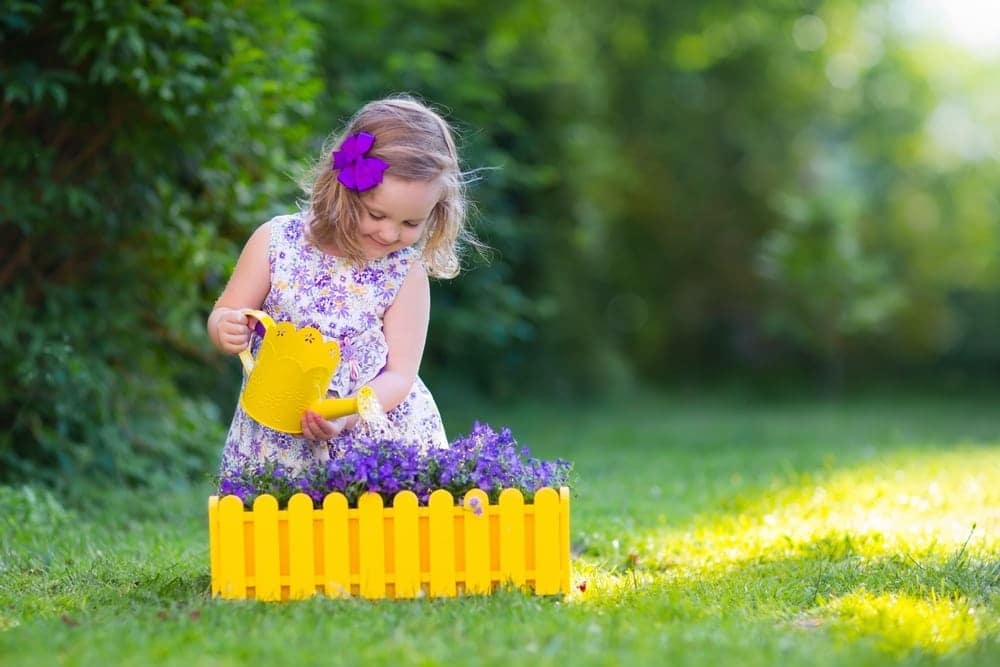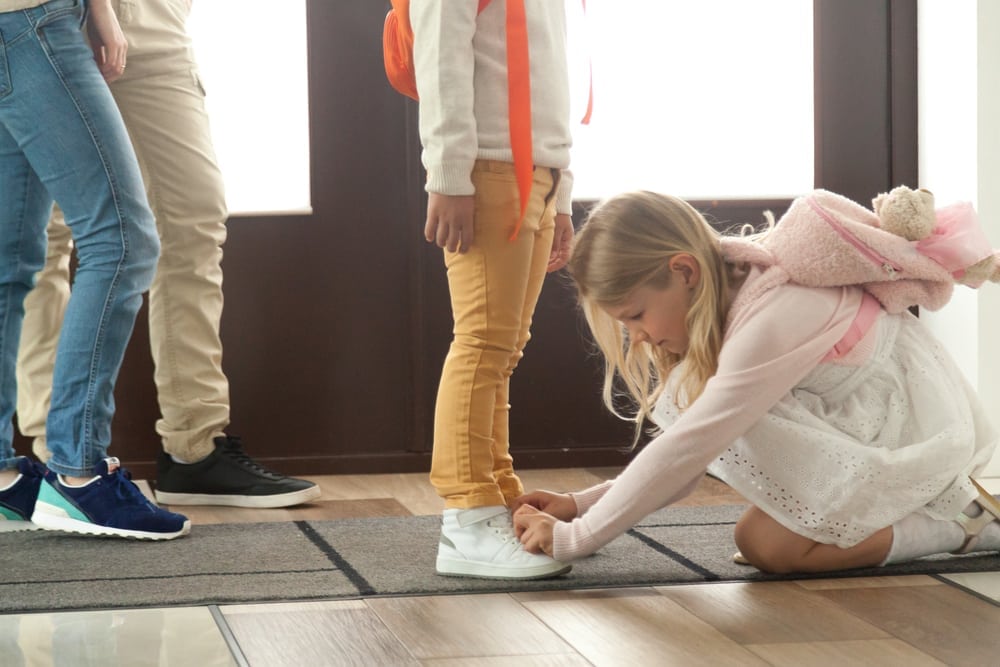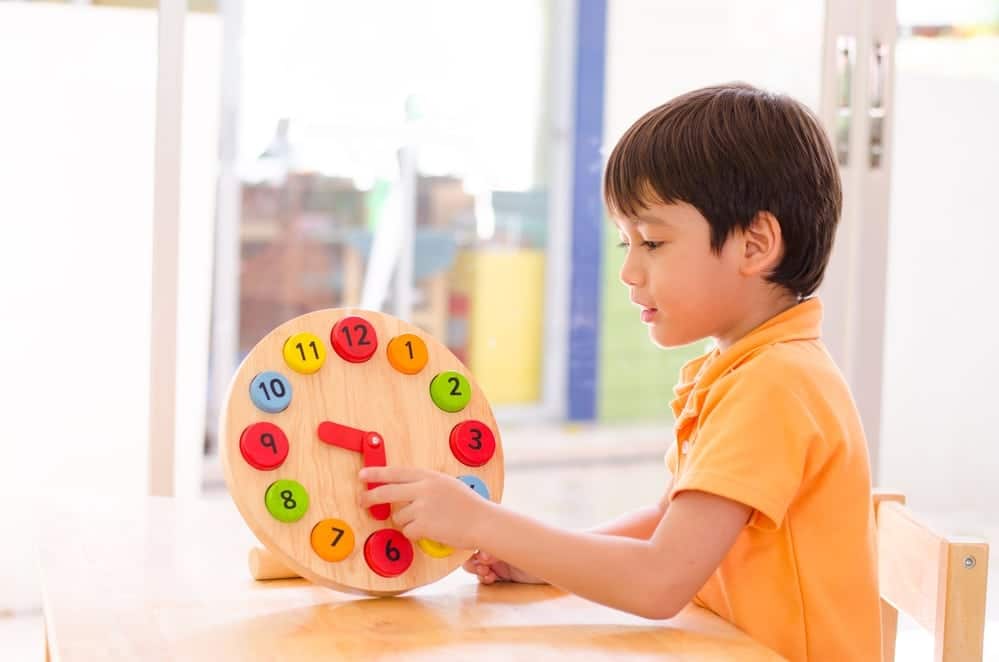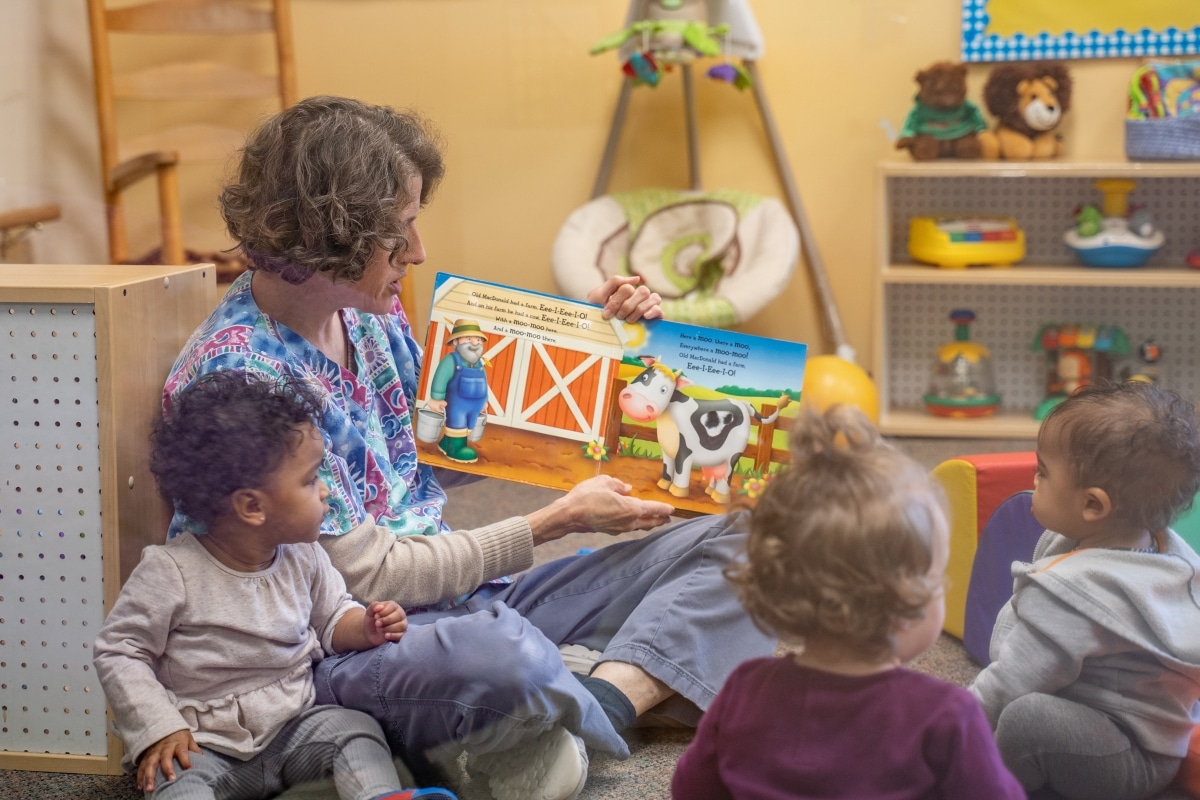By Kristi Ockuly
As a Montessori teacher for more than twenty years, and as a mother of five, I can attest to the fact that all parents wonder about the experience their young children will have in school. If they are in preschool, parents wonder about elementary school. Elementary school parents wonder about the middle school and so on until, well, forever…I guess. We wonder if they’ll like it. We wonder if they’re safe at the childcare center we selected. We wonder if their next teacher will see all the wonderful things that we see. Mostly, we wonder if they’re ready. Have they been sufficiently prepared so that they are ready for their next experience? While, all experiences will be different, when it comes to being ready for the kindergarten experience, there are a few things that we early childhood teachers focus on. We also like to encourage the parents of our students to reinforce these things at home.
The Big Three: Social, Emotional, Academic
When thinking about whether your child is ready for kindergarten, there are many concepts to consider. There is an endless list of behaviors (social and emotional development) and cognitive indicators (academic development) that a parent must look for in their child before deciding if he is ready for kindergarten. Searching for these readiness signs can be a worrisome and stressful time for parents and they may feel inclined to push their child to things that they might not developmentally be ready for yet.
To ease these concerns, early childcare professionals focus on fostering confidence and independence because they know that with the right mindset, a child will be able to progress socially, emotionally, and academically at a healthy pace. As Montessori educators, we believe in developing the emotional component of the child, just as much as the social and academic components. Below are some important concepts about emotional development and some tips to help you put your child on the path for kindergarten readiness.
What is Emotional Development?
Emotional development occurs when a person begins to understand how and why their feelings and emotions happen. When children begin developing emotionally, they start recognizing their own feelings as well as those of others, and they create their own ways of managing these emotions.
Many of the concepts in this category revolve around independently accomplishing things that make a child confident and emotionally healthy. However, simply being aware of emotions (self-awareness) increases their emotional health as well.
Childcare experts have found the following concepts to be helpful in emotional development.
Express emotions– Allowing children to feel their emotions is important. Teaching children to express their emotions clearly, is vital. If something is wrong in their world, they need to learn to express it in a way that well-received.
Pride in Work-Learning to evaluate how closely their work matches expectations (often, their own expectations) and being able to improve, instills self-awareness and ultimately emotional health. Allow children to evaluate their own work by asking them how they think they did.
Confidence-Presenting appropriate challenges and allowing them to explore solutions builds their confidence. Allow children to try many different solutions and encourage them to keep trying.
Independence- Give opportunities for young learners to work on challenges until they find their own solutions. Creating a safe environment to fail (both physically and emotionally) increases their desire to work until they get it right to their satisfaction.
Choice-Creating an environment of choice engenders a feeling of autonomy. Most people, including many young children, feel better when they have a choice with any daily decision. Our emotional well-being depends on our ability to make good choices.
TIPS FOR PARENTS:
- Frequently ask how a child is feeling (and listen to the answer).
- When a child completes a task, ask them to self-evaluate.
- Reflect on the day with your child (What was great? What was challenging? How did you feel?)
- Let children make mistakes and encourage the effort rather than the product.
- Don’t hover. Even if you see a solution to their problem, don’t intervene. (Obviously, you can put their puzzle together, but you should let them do it on their own.)
- Let them choose some foods and even some clothes. Guiding is fine but let them do it.
- Remember that they feel good about themselves when they can do things independently.
- Remember growth takes time.
Conclusion:
Just like parents, early childcare educators want our students to grow up to be happy, knowledgeable, kind, and caring individuals. Therefore, we believe in working hand in hand with parents to instill confidence and independence at an early age. At Step by Step Montessori Schools, we encourage a growth mindset. We do this by celebrating the daily accomplishments (however small) that are, in the eyes of the children, giant leaps, which propel them toward growing even more. At our schools, we create a learning environment that fosters social, emotional, and academic growth so that all of our students are prepared for kindergarten and life beyond.
More in this series: Is My Child Ready for Kindergarten Socially?, Is My Child Ready for Kindergarten Academically?









